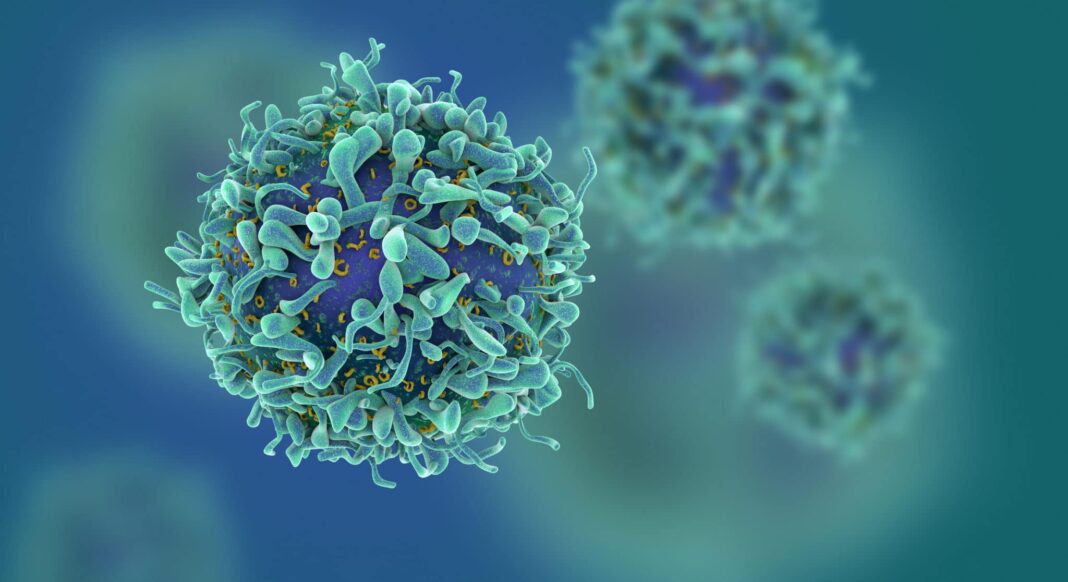As human beings, it’s helpful for us to know that things can always get better. This piece of information encourages us to keep marauding ahead under all circumstances, and therefore give ourselves the best possible shot at the said change. Now, when we talk about pursuing a positive change, we must also mention how we do so in many different ways. You see, throughout the history, humans have come up with some ingenious methods to improve their lives from a personal and societal standpoint, but despite the volume, no method could ever match the levels of technology. Technology appears as such a standout due to reasons that go well beyond just efficiency. Notably, the creation has also been extremely mindful about the convenience part. In fact, having convenience as one of the core components was what really bolstered technology’s case across the board, including the all-important medical sector. With simplified yet productive methodologies running the show, the healthcare sphere was able to reinvent its obsolete image among the general public, except even after completing the said transformation, it will continue building upon these tech foundations, and one recent development testifies for that big time.
The researching team at North Carolina State University has successfully developed an implantable biomaterial scaffold, which is designed to facilitate the creation and subsequent release of CAR-T cells. In case you are not aware, CAR-T cells play a big role in treating cancer. However, the way they are currently used doesn’t make for the most feasible technique. This is the case because, as per the existing procedure, medical professionals are told to activate and reprogram the T cells only once they are isolated from a cancer patient. Next up, the further requirement is to let them proliferate before administering anything to the patient. Following such a lengthy protocol is always going to produce astronomical costs, so the new biomaterial scaffold takes up a more direct approach. Named Multifunctional Alginate Scaffolds for T cell Engineering and Release (MASTER), it carries out the entire process without putting an extended gap in between. Whoever uses the approach will have the luxury to mix T cells with a viral vector right away, a tweak that will eventually segway into same day implantation.
“A major drawback to CAR-T cell treatment is that it is tremendously expensive — hundreds of thousands of dollars per dose,” said Yevgeny Brudno, a creator of the new scaffold. “Due to its cost, many people are shut out from this treatment. One reason for the high cost is that the manufacturing process is complex, time-consuming, and has to be tailored to each cancer patient individually. We wanted to address challenges in CAR-T treatment related to both manufacturing time and cost.”


















